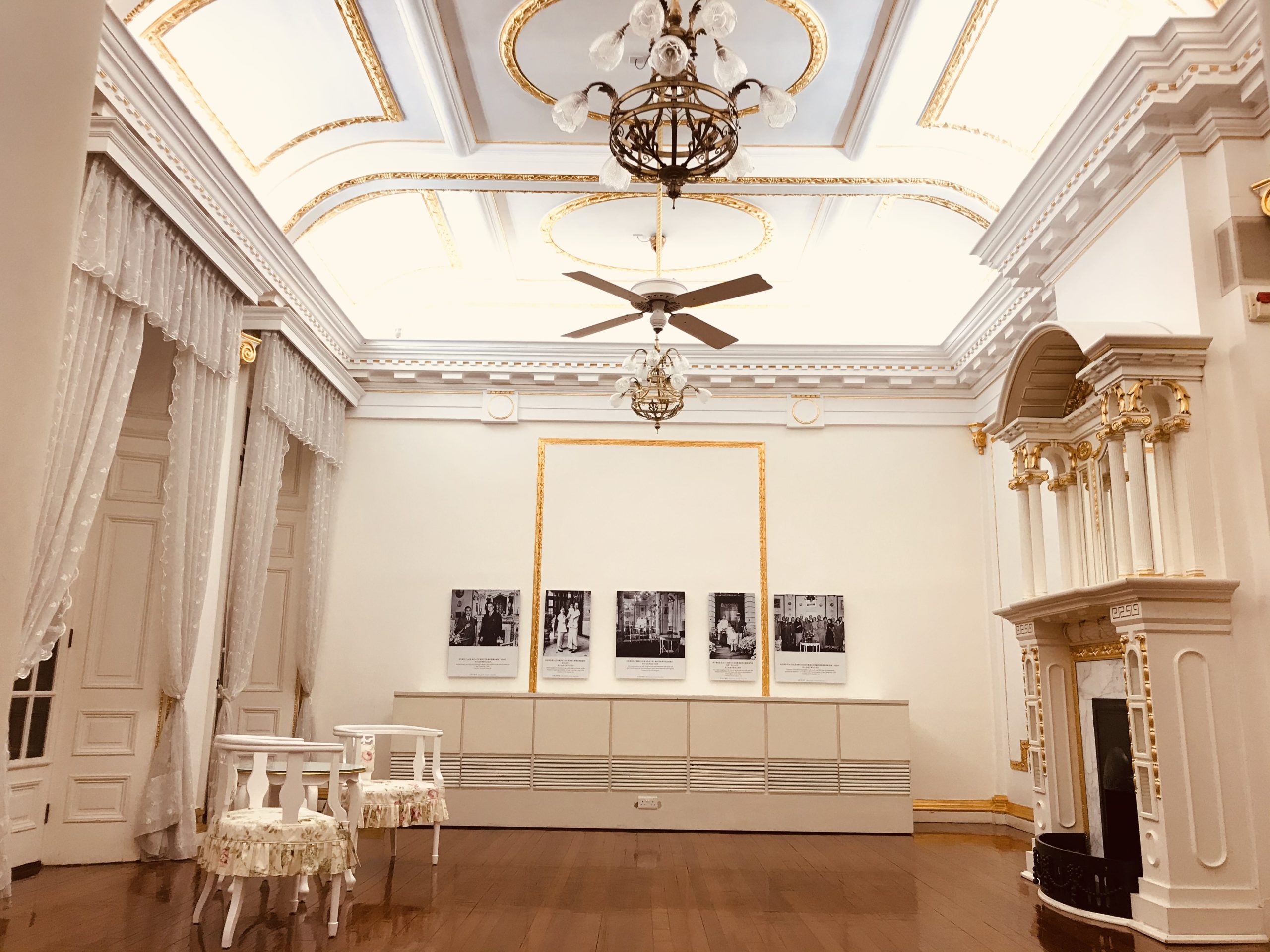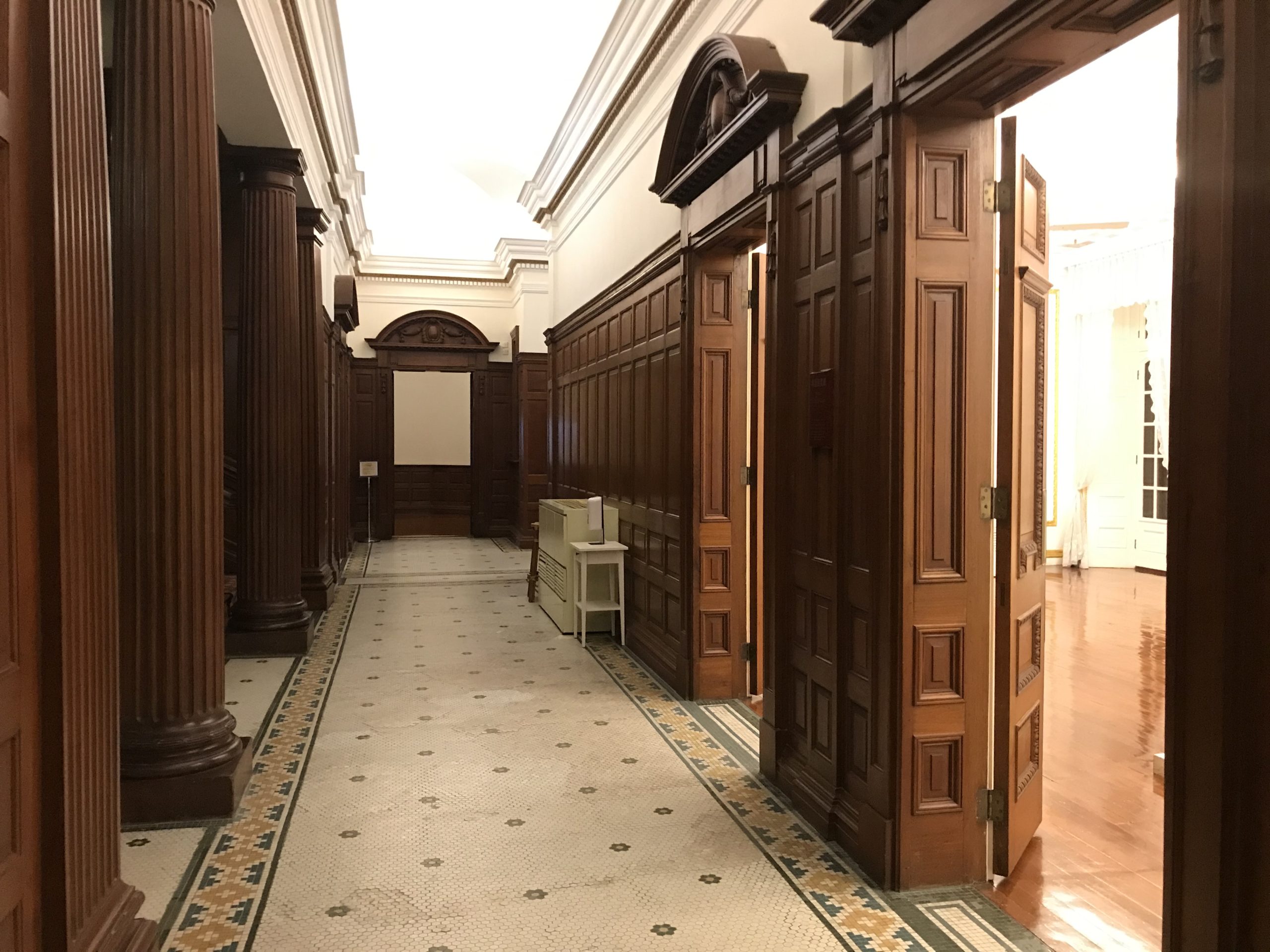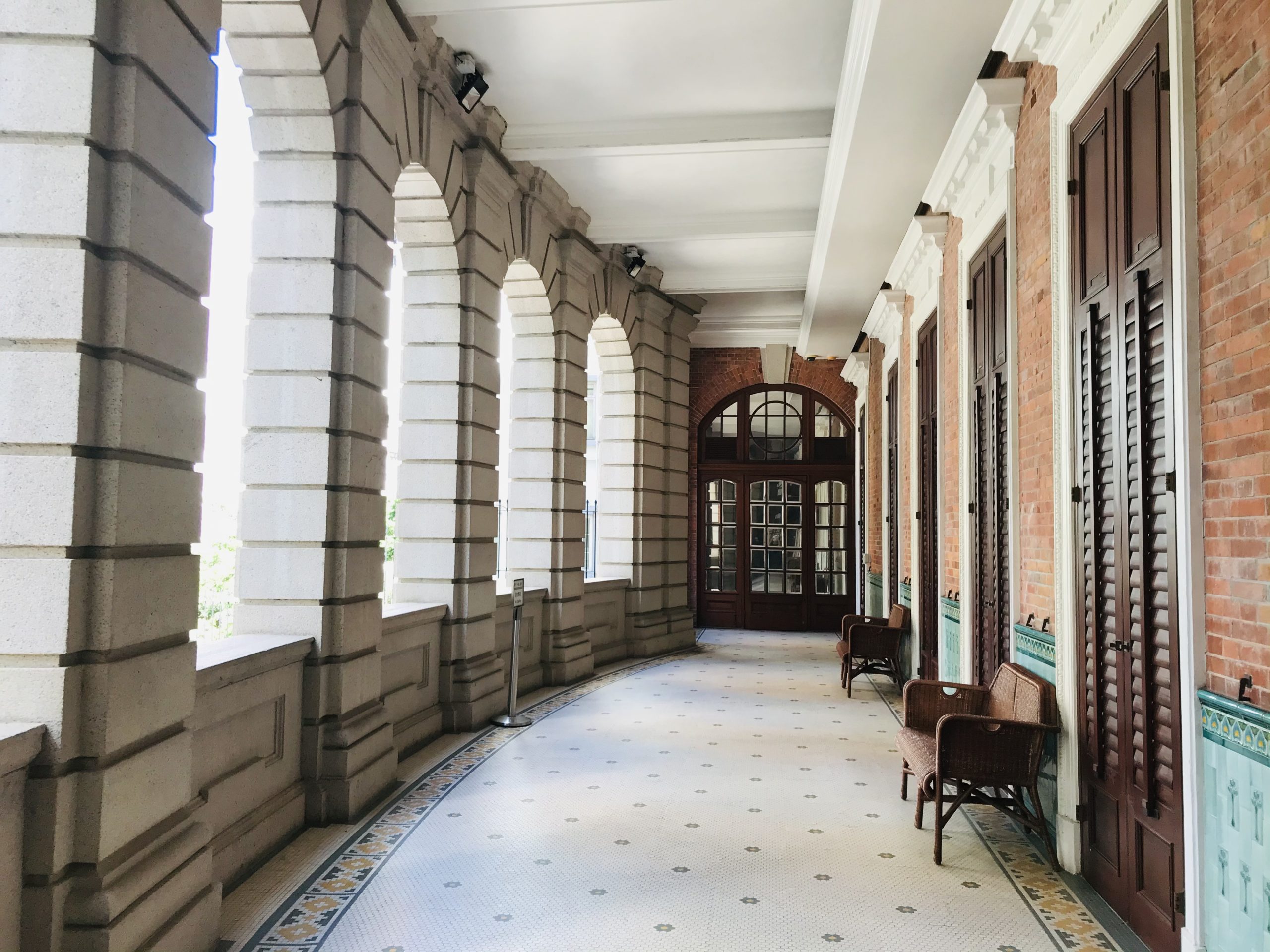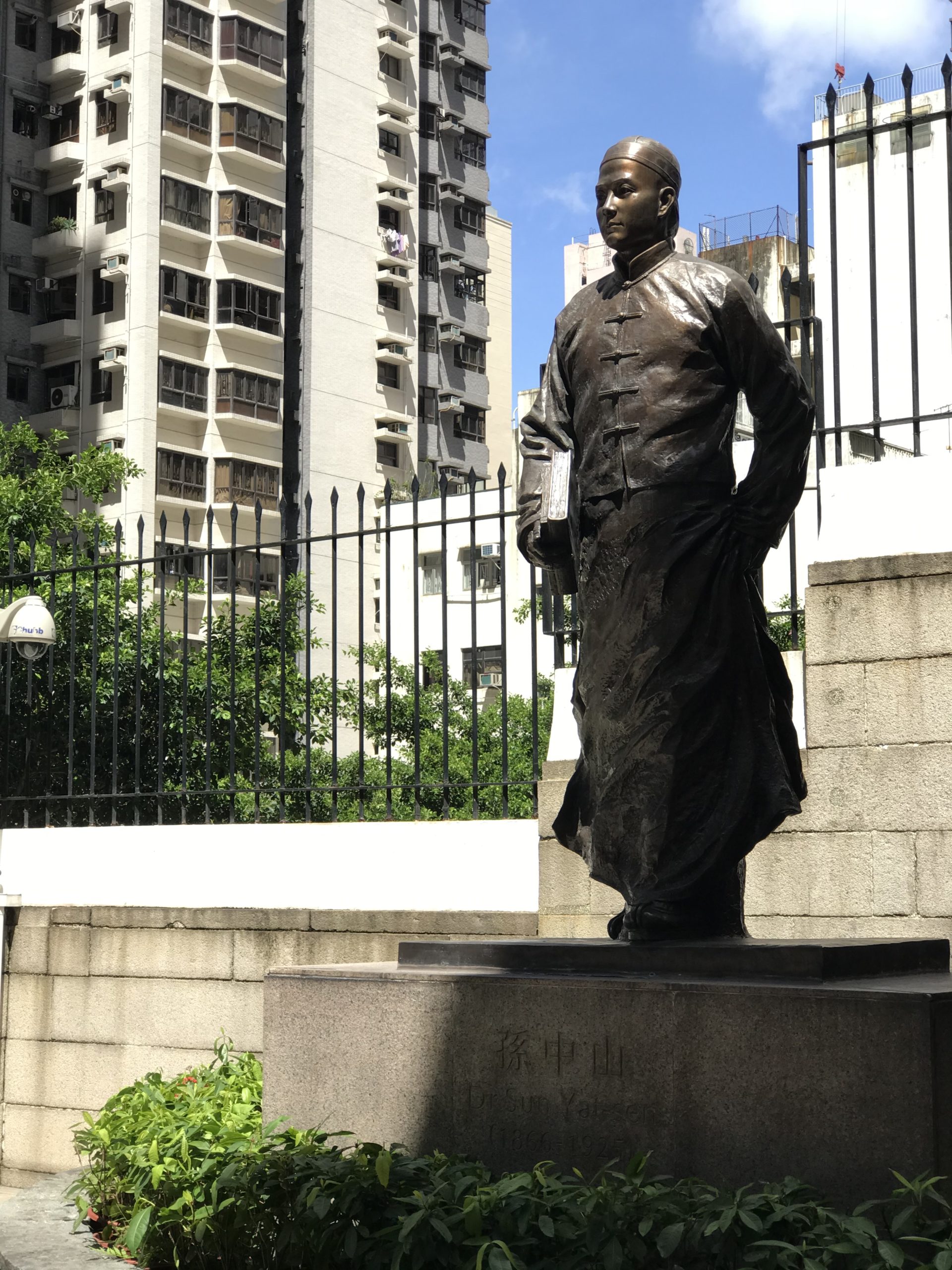Hong Kong, historically a hotbed of political dissidence, has been the backdrop for revolutionary movements across centuries. Within its Central & Western district, the iconic reformist Sun Yat-sen (孫中山), known as "The father of the nation", both received his education and planned significant revolts. Commemorating his influence, Kom Tong Hall (甘棠第), an antique building at Mid-levels, has been thoughtfully transformed into the Dr. Sun Yat-sen Museum.
.jpg)
Previously, the residence of Ho Kom-tong (何甘棠), philanthropist Sir Robert Ho Tung's (何東) younger brother, the Edwardian mansion, constructed in 1914, houses relics as priceless as those of Dr. Sun. As a declared monument, the museum's first floor chronicles the property's history and evolution.
The second floor houses the "Dr. Sun Yat-sen and Modern China" hall, offering visitors a detailed walkthrough of Sun's influential life. From his education at the University of Hong Kong to his extensive period of exile, revolutions, and ultimate passing, each phase of his life is meticulously displayed. An adjacent reading room offers an extensive collection of books on Sun, his contemporaries, and the era's political landscape for those wishing to delve deeper.



Hong Kong as a Unique Location
In the "Hong Kong in Dr. Sun Yat-Sen's Time" hall, an understanding of why this British-ruled city was the ideal birthplace for revolution is explored. The city's bilingual education and judicial independence from the Qing monarchy are exemplified. Notable quotes adorn the walls, reflecting the advanced and prosperous colony, including a profound statement by Lu Xun (魯迅), "although Hong Kong is merely an island, it vividly mirrors the present and future life in many parts of China."
At the entrance, a statue of young Sun Yat-sen greets visitors, symbolizing the blend of Chinese and Western ideologies he embodied. As we navigate the watershed of Chinese history, Sun's influential story resonates profoundly. An advocate of modern values and armed uprisings, Sun's legacy invites contemplation of how our chapter will be narrated: celebrated, condemned, or possibly, censored?










